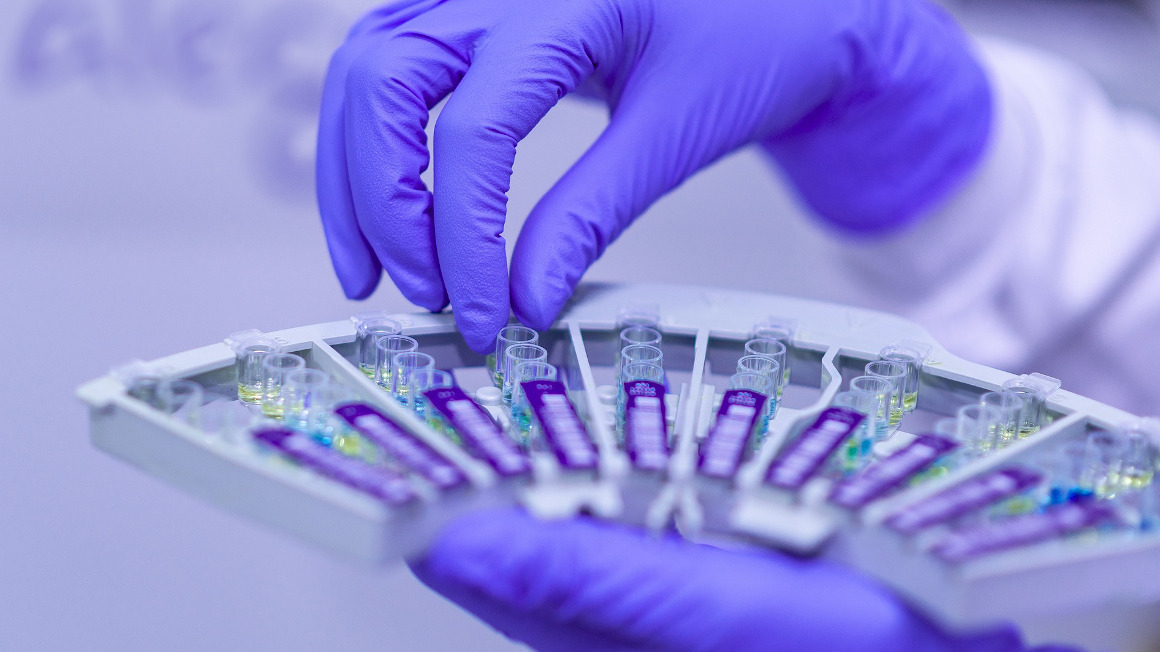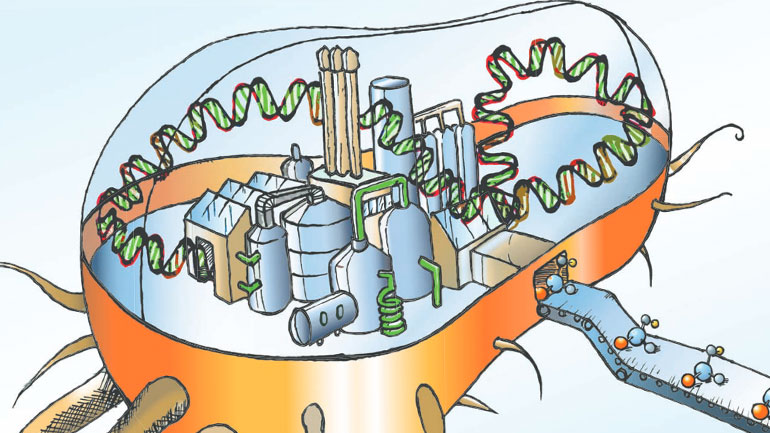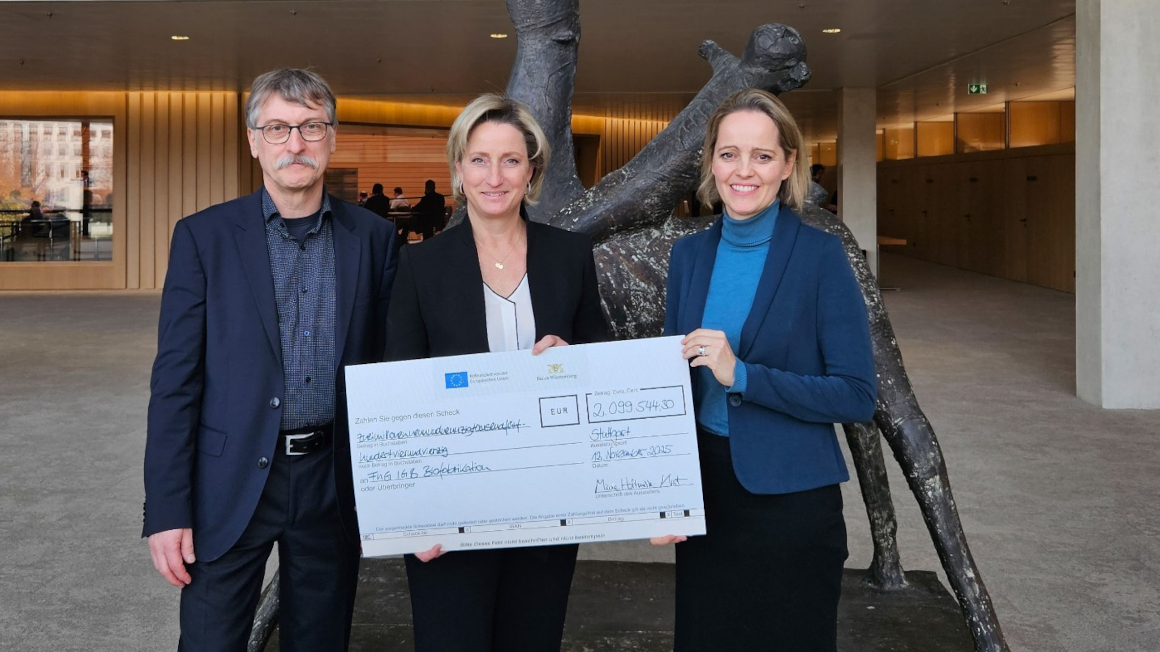Biotechnology sector at a low
After two years of record figures, the mood in the German biotechnology industry is worse than ever. This is shown by the annual survey of the industry association BIO Deutschland for 2022.

The Corona pandemic had caused sales in the German biotech industry to soar for two years in a row. Just as great was the willingness of companies to invest in research and development (R&D) and create new jobs. Vaccine developers such as BioNTech and CureVac in particular had determined the record growth. Now, the annual survey of the industry association BIO Deutschland revealed a rather pessimistic picture.
Accordingly, the barometer for the current business situation dropped significantly from just under 100 to 88 points, while hopes for the future business situation fell even more sharply from 95 to 77 points. Only a quarter of the companies surveyed expect the business situation to improve in the coming months. The majority are significantly more dissatisfied with the current business situation than in previous years. The outlook for the coming year is thus even worse than during the financial crisis in 2008.
Willingness to invest in R&D decreases
The biotechnology sector could raise only around EUR 920 million in equity in 2022, less than a third of the amount in the first year of the pandemic, i.e. 2020. The willingness to increase investment in R&D has also fallen significantly, according to the survey. Only 39% of companies plan to increase their R&D budgets. In 2021, the figure is still 57%. Nevertheless, almost 90% fundamentally want to invest in R&D. For the industry association, this is a clear sign of the industry's continuing research intensity. Also, only 5.6% want to cut staff, while 45% want to hire more employees.
Energy crisis and inflation influence business situation
Only 40% of respondents described their business situation as good. In the previous year, the figure was 64%. As far as the future business situation is concerned, only 26% expect an improvement, only half as many as in 2021. More than half of those surveyed also stated that the energy crisis is having a negative impact on their business situation. According to the survey, one fifth and half of the companies surveyed are feeling the strong and medium effects of inflation, respectively.
The mood in the biotech industry is also rather gloomy with regard to the current political climate. Whereas in 2021 59% still rated the situation as good, in 2022 the figure is only 31%. A similar picture emerges when assessing the future political climate: only 28% expect an improvement. In 2021, the figure was still 61%.
Strengthening Germany as a biotech location in the long term
"The reasons for the dwindling optimism are certainly manifold. In addition to war, the energy crisis and inflation, a shortage of skilled workers and a lack of financing options are slowing down our companies," says Oliver Schacht, Managing Director of BIO Deutschland. The slump in stock market prices, especially on the U.S. technology exchange Nasdaq, which is so important for the biotech industry, has also led to a massive devaluation of many companies. According to Schacht, it is now all the more important to "sustainably strengthen Germany as a biotech location." "We must focus all our efforts on securing our technological sovereignty in the field of biotechnology as well."
Exploiting the potential of biotechnology
Viola Bronsema, managing director of BIO Deutschland, points to the potential of biotechnology that extends beyond pandemic control and health research to other areas such as sustainable industrial production, nutrition and the circular economy. "Without opportunity capital, patent protection and cooperation opportunities, even the biotech star BioNTech would certainly not have come so far so quickly despite public funding. In the case of our companies, one gets the impression that politicians are all too quick to forget the role of innovative biotech companies. That is negligent, especially in view of the future challenges," says Bronsema.
bb


